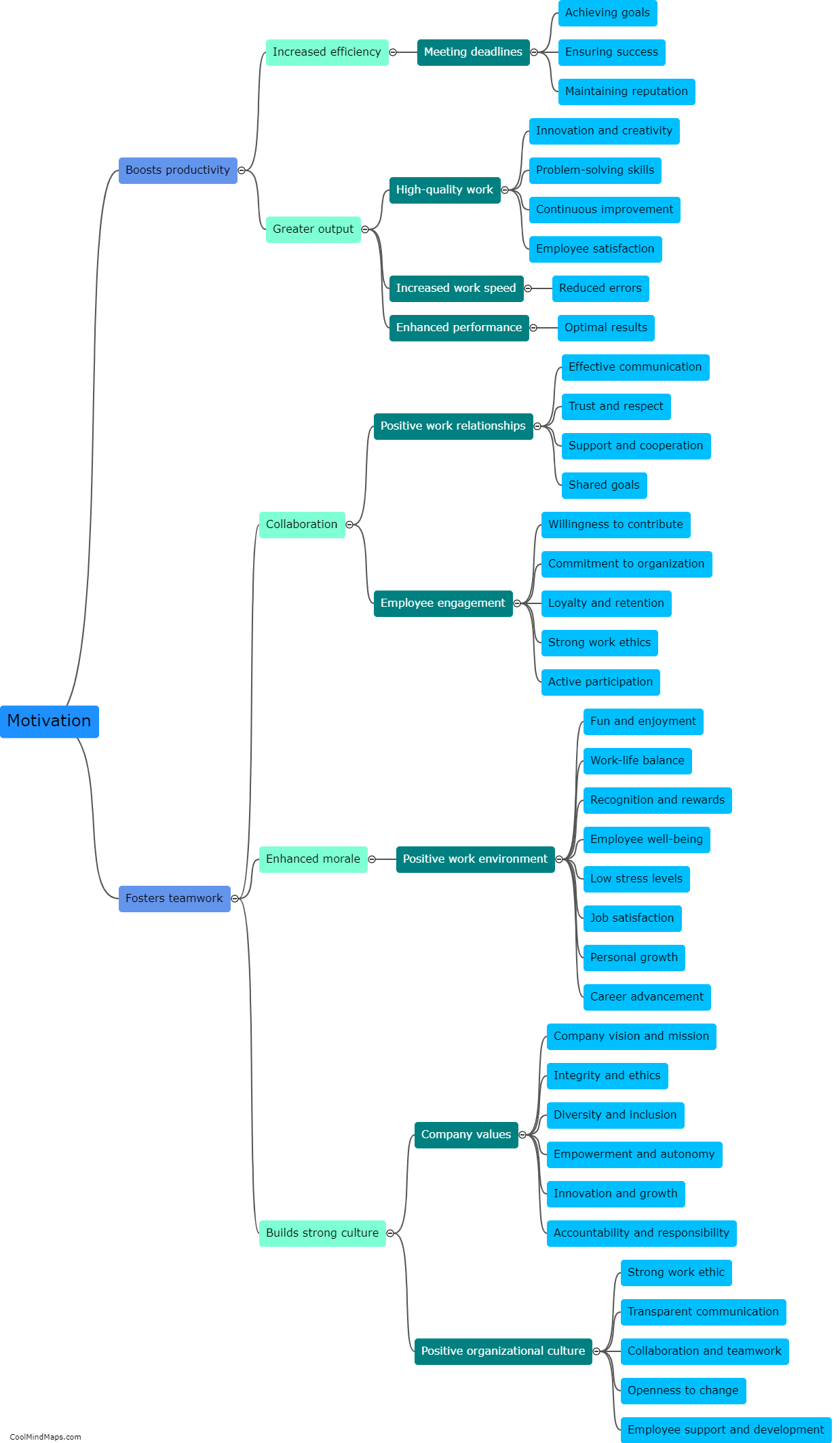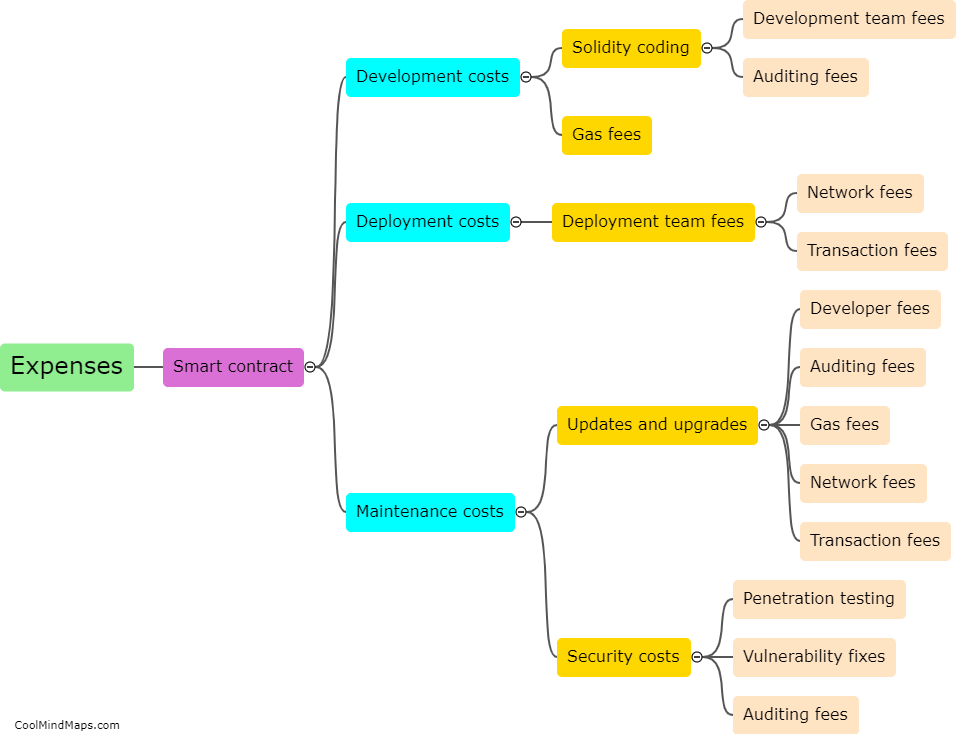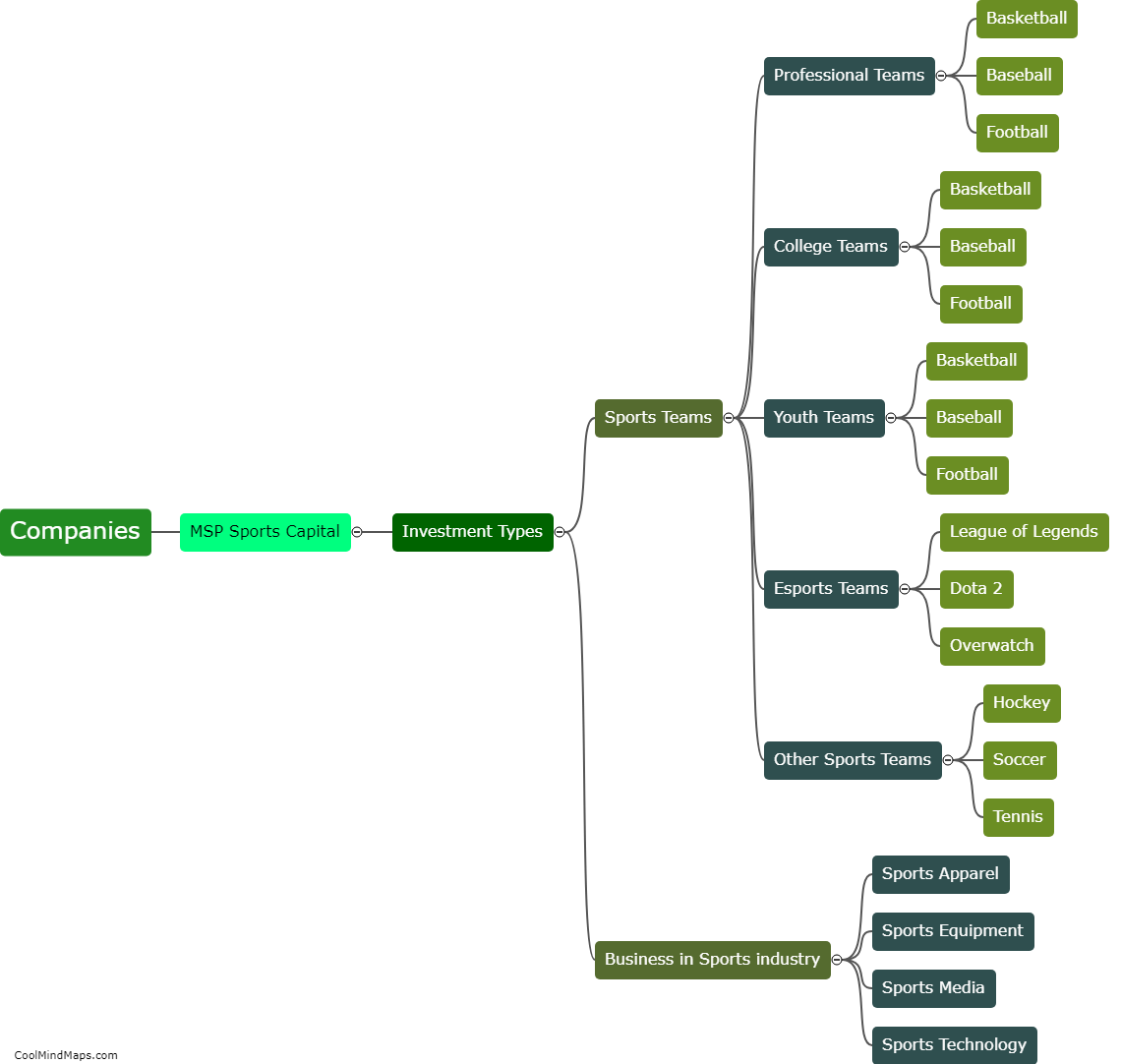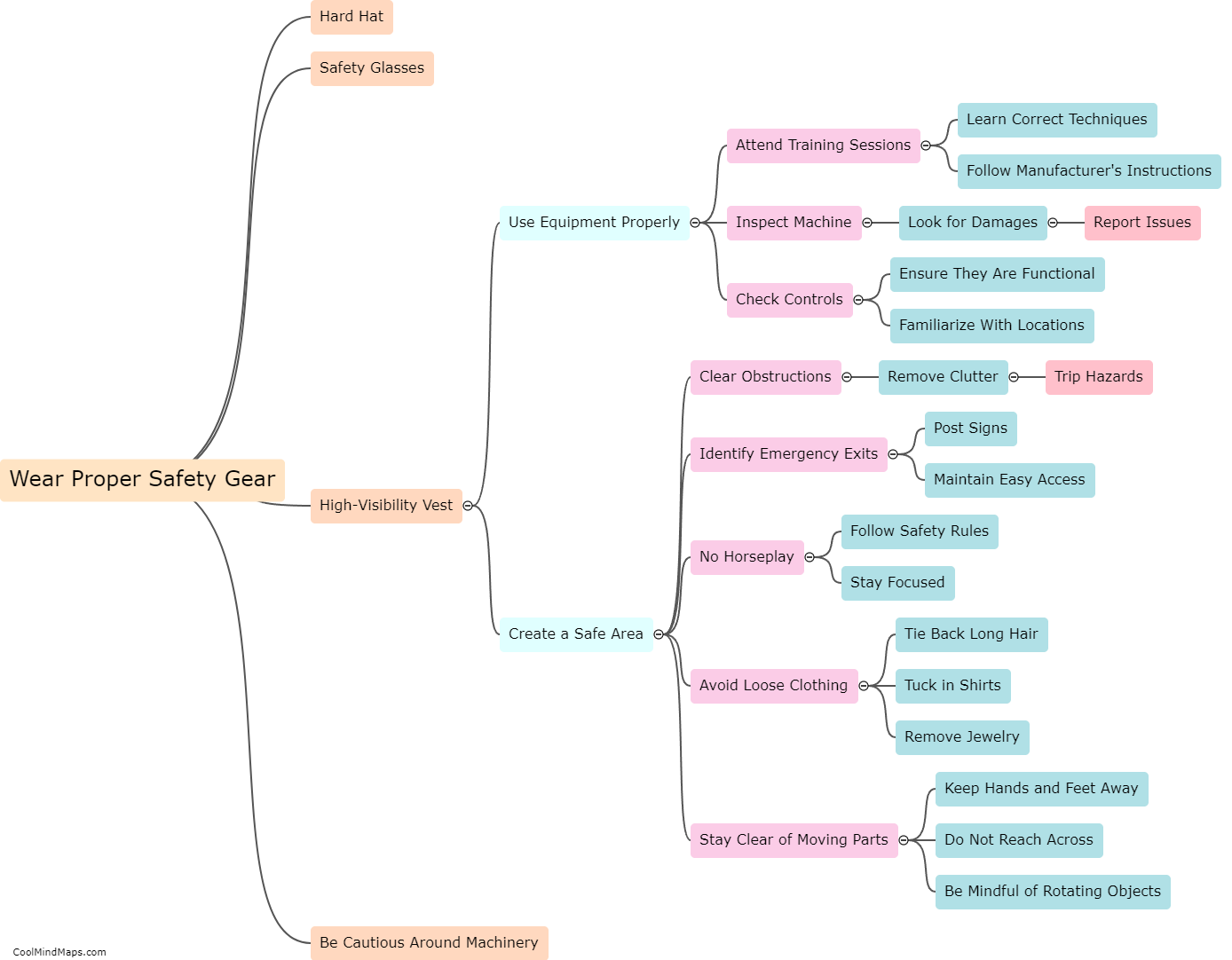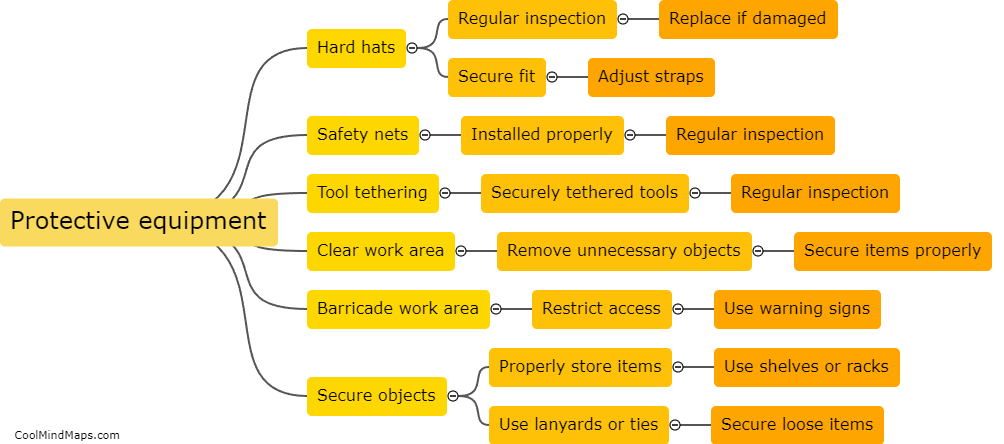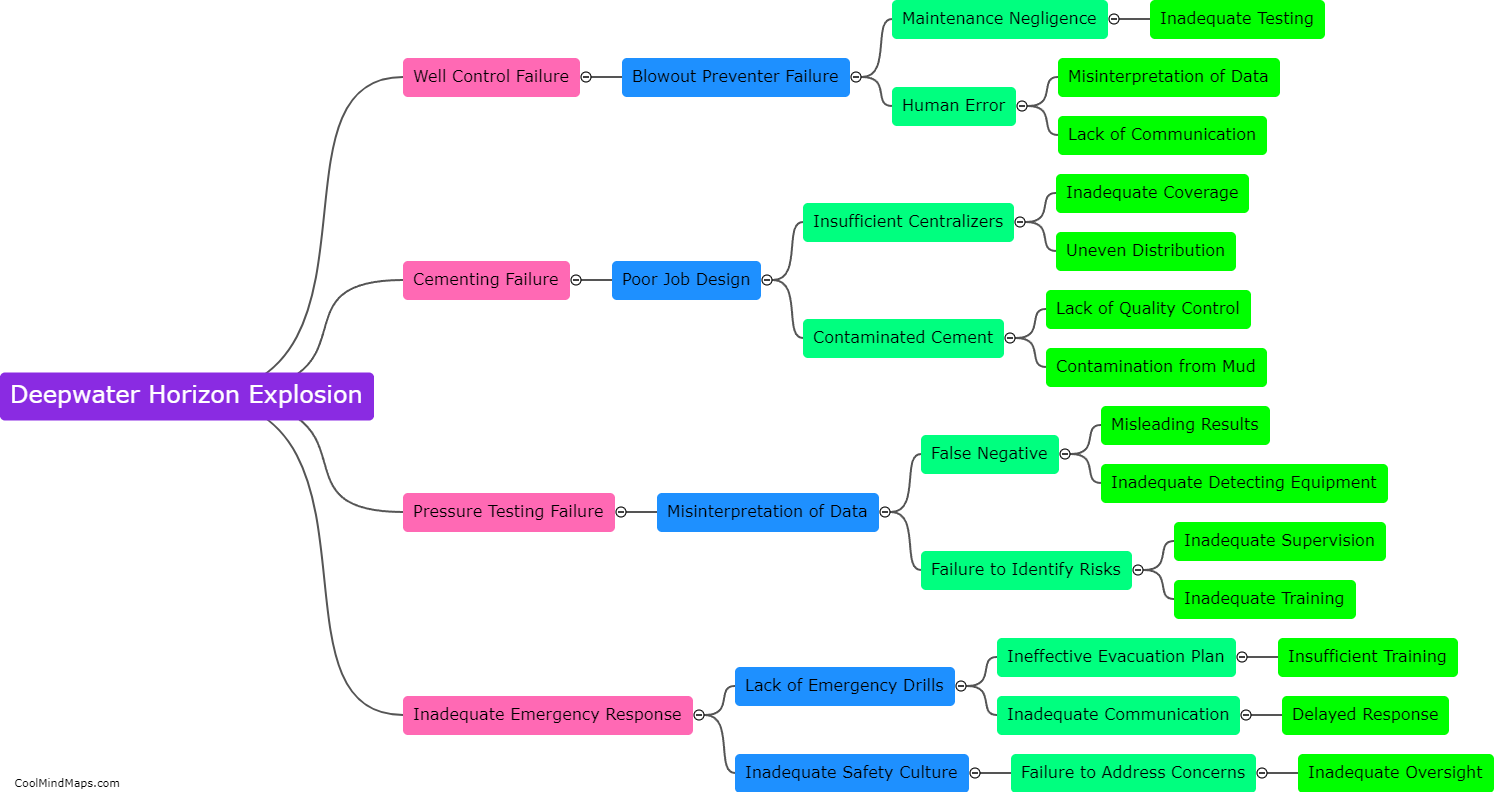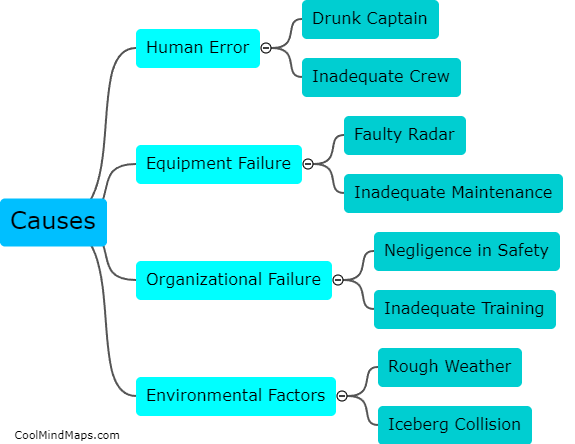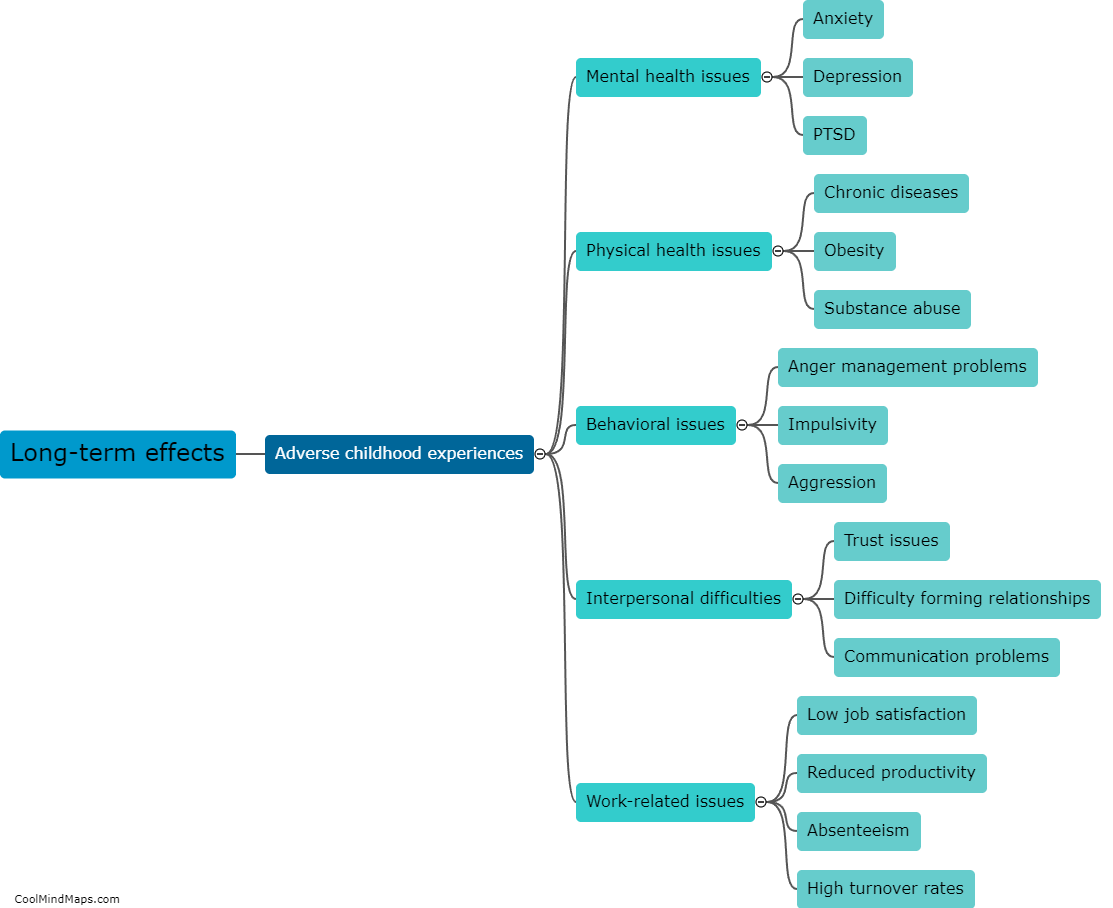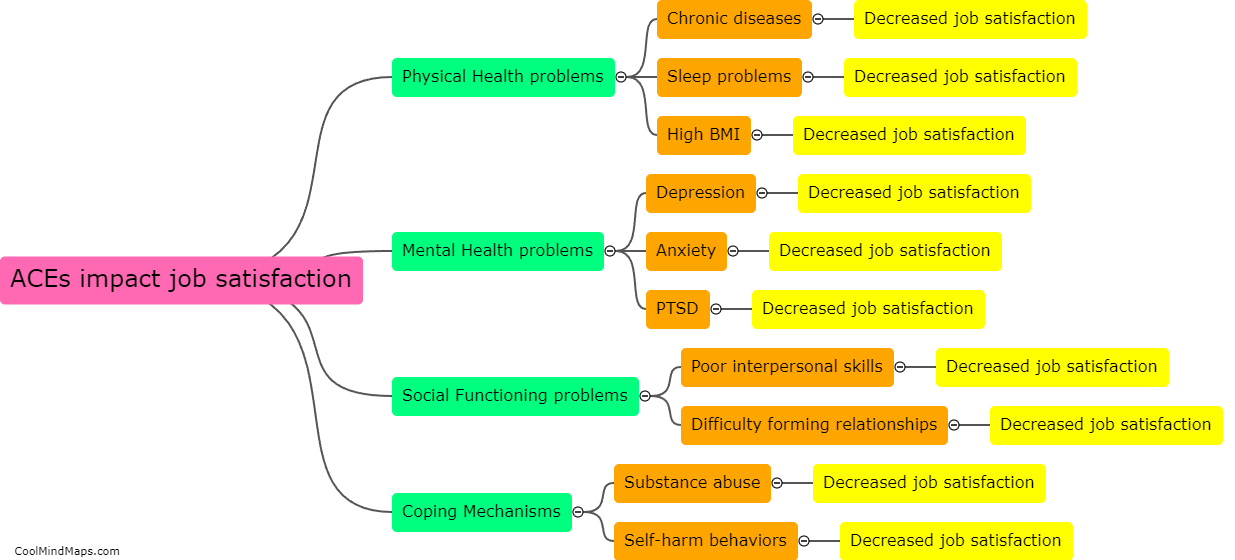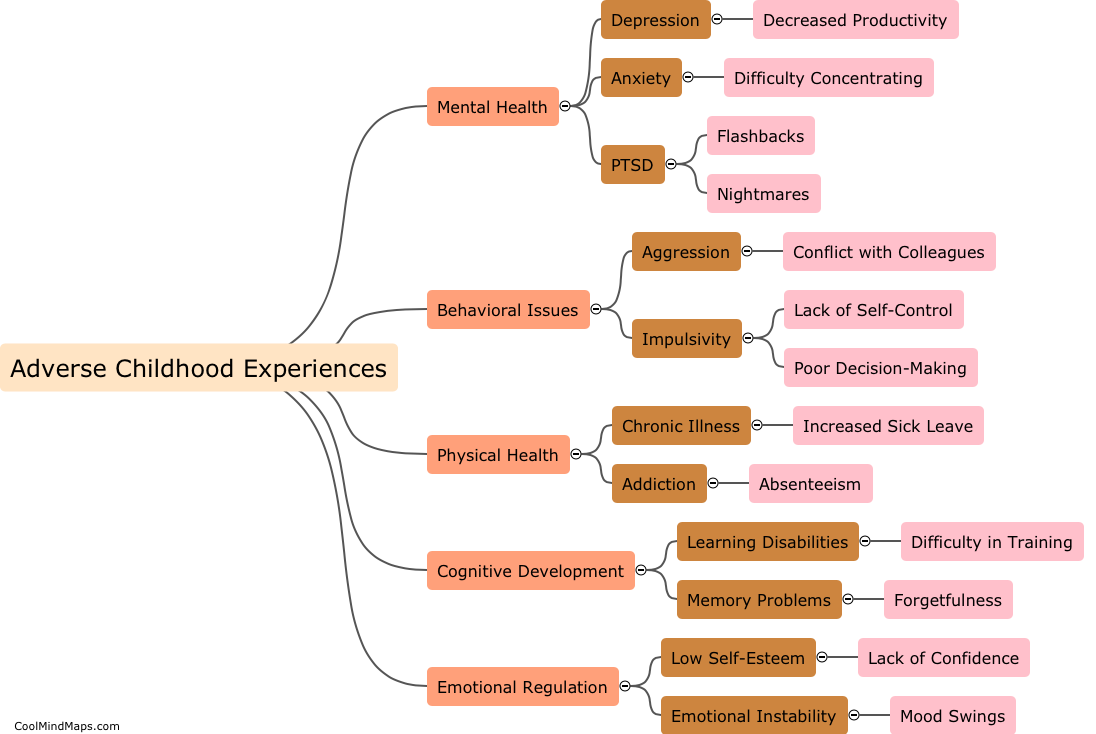How do adverse childhood experiences affect workplace performance?
Adverse childhood experiences (ACEs) can have a significant impact on workplace performance. ACEs refer to traumatic events or circumstances that occur during a person's childhood, such as abuse, neglect, or household dysfunction. These experiences can lead to adverse outcomes in adulthood, including difficulties in professional settings. It has been found that individuals who have faced ACEs may struggle with self-regulation, emotional control, and interpersonal relationships. This often leads to challenges in managing stress, conflict resolution, and maintaining focus on tasks. Moreover, ACEs can contribute to mental health issues, such as depression and anxiety, which can further impair job performance. Recognizing and addressing the impact of ACEs in the workplace is crucial to creating a supportive and productive work environment for individuals with such experiences.

This mind map was published on 27 November 2023 and has been viewed 94 times.
